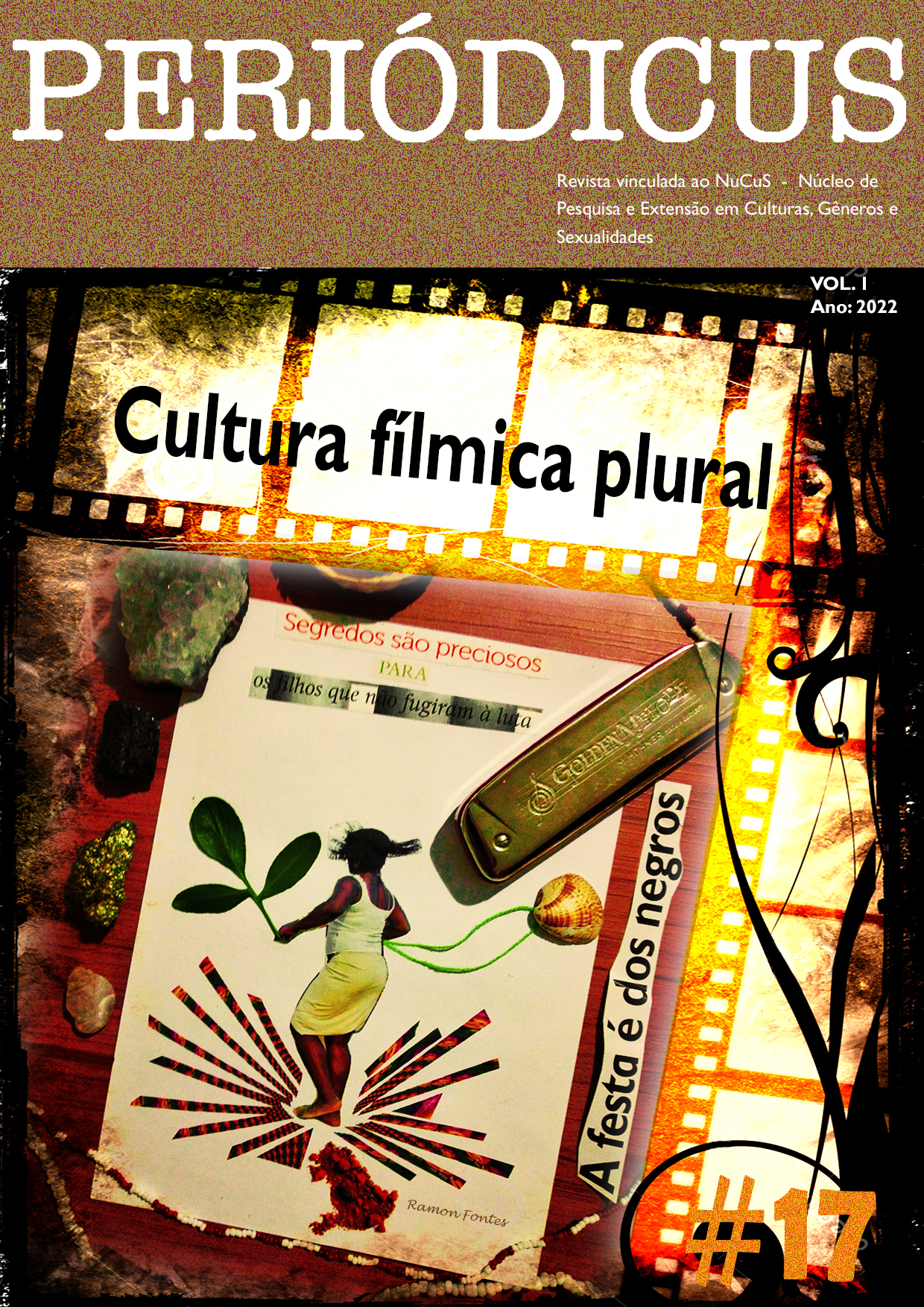“Gender detransition” as transit and wandering
opening to new corporealities
DOI:
https://doi.org/10.9771/peri.v1i17.45627Abstract
This article has as its central theme the processes that have been called “gender detransition”. For its realization, six videos were used in the digital platform of Youtube, in which two of them are self-reports of the personal experiences of the processes of “detransition” and four of interviews also on this theme. These materials were discussed using the method of Foucault's Discourse Analysis. Our debates revolved around some main points, involving certain issues internal to the trans* field, such as the dispute over the political subject. In addition, we approached other points, such as gender norms and their subversion movements, and we sought to map the studies on “gender detransition” in Brazil, bringing to the discussion also an American author. Our proposal is to think about gender in its transits, understanding certain processes as movements of body wandering.
Downloads
Downloads
Published
How to Cite
Issue
Section
License
Copyright (c) 2022 Carolina Franco Brito, Maria Juracy Filgueiras Toneli, João Manuel de Oliveira

This work is licensed under a Creative Commons Attribution-NonCommercial 4.0 International License.
Authors who publish in this journal agree to the following terms:
Authors retain copyright and grant the journal the right of first publication, with the work simultaneously licensed under a Creative Commons Attribution Noncommercial License that allows the work to be shared with acknowledgment of authorship and initial publication in this journal, but prohibits commercial use.
Authors are authorized to enter into separate additional contracts for non-exclusive distribution of the version of the work published in this journal (e.g., publishing in an institutional repository or as a book chapter), with acknowledgment of authorship and initial publication in this journal.
Authors are permitted and encouraged to publish and distribute their work online (e.g., in institutional repositories or on their personal website) at any point before or during the editorial process, as this can generate productive changes and increase the impact and citation of the published work (see The Effect of Open Access).








